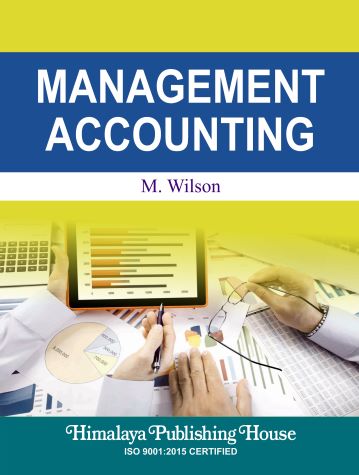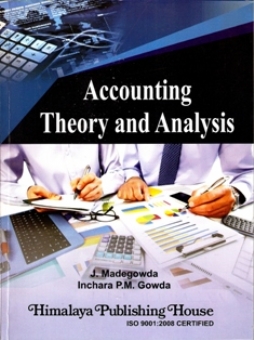The subject Management Accounting is of recent origin which was introduced during 1950 only. It got a gradual development and got a good shape only after 1970s. The subject provides verious tools and techniques for managerial planning, decision making and control of the cost. The reason for the development and its wide recognition at present is the enormous growth of Business i.e., Manufacturing and Trading activities. More people are involved in these activities which influenced the growth of small scale and large scale industrial units in all the countries. Hence, the factor of competition plays a crucial role in the success of the industrial units. Provision of quality products at low prices is the only factor which helps facing the competition. It depends upon how the affairs of the individual units are managed for providing quality products at low prices. Management Accounting provides various tools and strategies for efficient management with respect to cost. It provides techniques for managerial decision-making, planning and control of the cost. Hence, the subject Management Accounting assumes very great significance. This system of accounting is based on the information of Financial Accounting.
The book explains the concepts and theories in a systematic and organised manner through fourteen chapters. This book contains a lot of illustrations to explain the concepts and theories in all chapters. It also contains multiple choice questions, theory questions and problems with answers in sufficient number. Hence, it will satisfy the academic community concerned with Commerce and Management to the maximum extent. This book is the most suitable for students of B.Com, B.B.A., B.B.M., M.Com, of all Universities of India and also for C.A., ICWA and CAIB.
Contents :
1. Introduction
2. Financial Statement Analysis
3. Ratio Analysis
4. Fund Flow Analysis
5. Cash Flow Analysis
6. Management of Working Capital
7. Marginal Costing
8. Standard Costing
9. Budget and Budgetary Control
10. Capital Budgeting
11. Inflation Accounting
12. Management Audit
13. Responsibility Accounting
14. Reporting to Management and Management Information System






